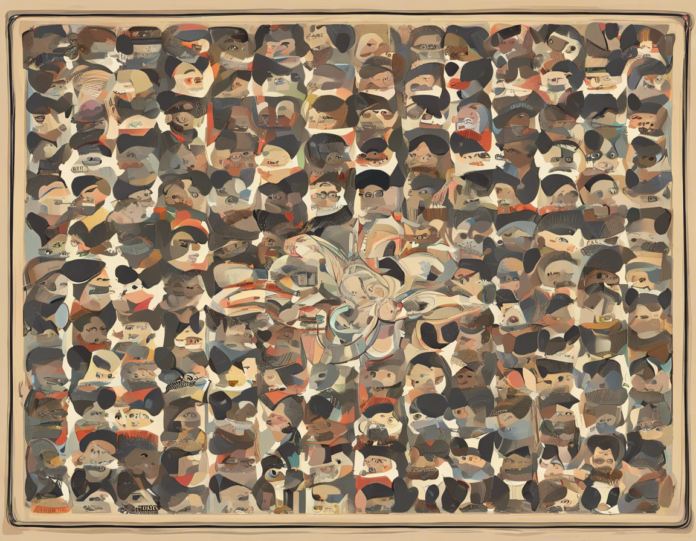In today’s increasingly diverse society, the term “POC” is frequently used in various discussions related to race, diversity, and inclusion. POC stands for “People of Color.” This term is typically used to refer to individuals who are not white or of European descent. However, it’s essential to understand that the concept of POC encompasses a wide range of identities and experiences beyond just race, including ethnicity, nationality, and culture. In this article, we will delve deeper into what POC means, its significance, and its implications in different contexts.
What Does POC Mean?
POC is an inclusive term that is used to unite individuals with non-white racial and ethnic backgrounds. It includes individuals who identify as Black, Latinx, Asian, Middle Eastern, Native American, and those of mixed racial heritage. The term is meant to acknowledge the unique experiences and challenges faced by individuals who have historically been marginalized and discriminated against based on their race or ethnicity.
The Significance of POC Identity
Embracing the POC identity is a powerful way for individuals from diverse backgrounds to come together and advocate for their shared experiences. It enables communities of color to foster solidarity and work towards common goals such as social justice, equality, and representation.
POC in Social Justice Movements
The term POC has gained prominence in social justice movements that seek to address systemic racism and inequality. By centering the experiences of POC, activists and advocates can highlight the ways in which race intersects with other forms of oppression, such as class, gender, and sexuality.
Challenges Faced by POC
Despite the progress made in advocating for POC rights and representation, many challenges persist. POC individuals continue to face discrimination, microaggressions, and disparities in areas such as healthcare, education, employment, and criminal justice.
Intersectionality and POC
It’s important to recognize that not all POC individuals have the same experiences or face the same obstacles. Intersectionality, a concept developed by legal scholar Kimberlé Crenshaw, emphasizes the interconnected nature of systems of oppression. POC individuals who also belong to other marginalized groups, such as LGBTQ+ POC or disabled POC, may experience unique forms of discrimination that stem from their intersecting identities.
Empowering POC Voices
One way to empower POC communities is to amplify their voices and perspectives in various domains. This includes supporting POC-owned businesses, promoting POC artists, authors, and creators, and advocating for diverse representation in media, politics, and other spheres of influence.
Frequently Asked Questions (FAQs) about POC
1. What is the difference between POC and BIPOC?
- POC stands for People of Color, encompassing all individuals of non-white racial and ethnic backgrounds. BIPOC, which stands for Black, Indigenous, and People of Color, specifically highlights the experiences of Black and Indigenous communities alongside other POC groups.
2. Why is it important to use the term POC?
- Using the term POC acknowledges the shared experiences of individuals from diverse racial and ethnic backgrounds and highlights the need for solidarity and advocacy in addressing systemic inequalities.
3. How can individuals support POC communities?
- Individuals can support POC communities by educating themselves on issues related to race and racism, challenging discriminatory attitudes and behaviors, amplifying POC voices, and advocating for policies that promote equity and inclusion.
4. Are there organizations that specifically support POC individuals?
- Yes, there are numerous organizations dedicated to supporting POC individuals, including civil rights organizations, community-based groups, and cultural associations that work towards advancing POC rights and representation.
5. What role does allyship play in supporting POC communities?
- Allyship is crucial in supporting POC communities by actively listening to POC voices, amplifying their perspectives, standing up against racism and injustice, and working towards creating inclusive spaces that uplift and empower POC individuals.












